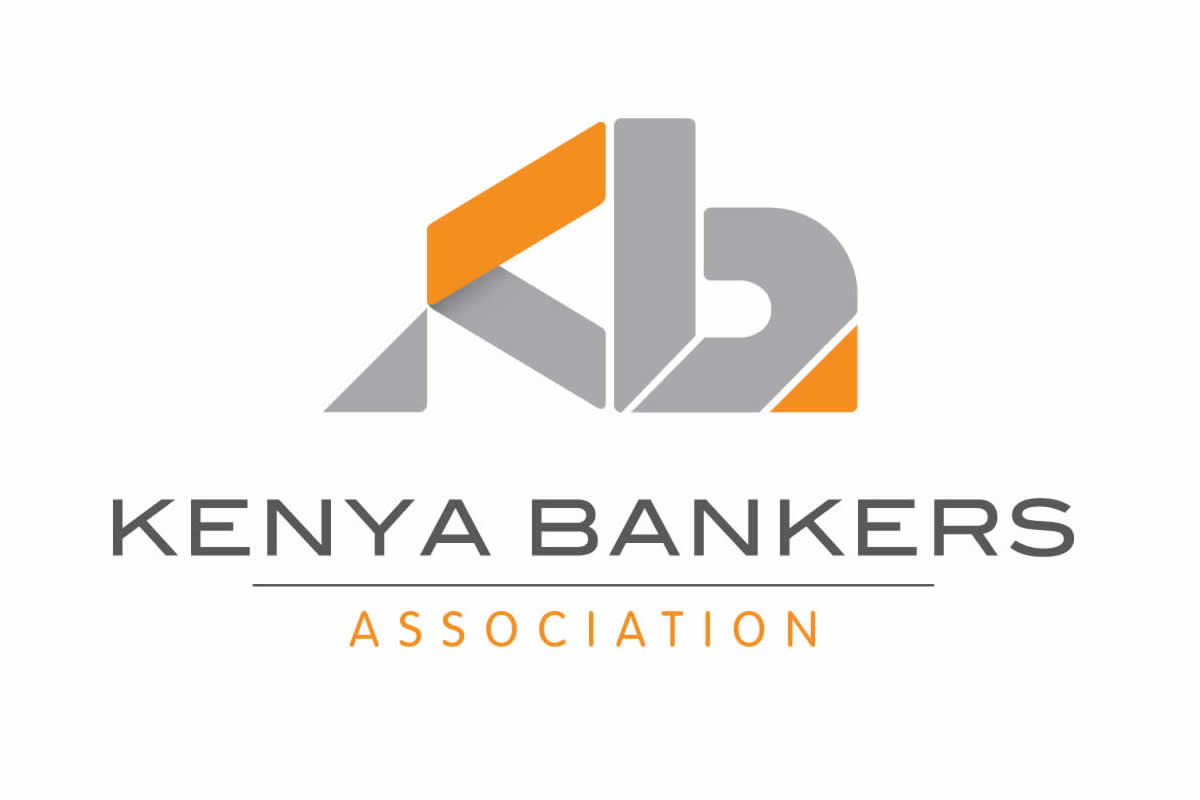Nairobi, May 17,2024-The Kenya Bankers Association (KBA) urges the Government and the National Assembly to reconsider the proposed imposition of 16% Value Added Tax (VAT) on financial transactions outlined in the Finance Bill, 2024.
It has long been held, and rightly so, that while VAT applies to payments for goods and services, bank charges are not a direct payment for anything, but a cost recovery. Since banks are not delivering any goods to customers, bank charges are not considered VATable. Kenya has, until now, held this principle to be true!
Surprisingly, the Finance Bill 2024 introduces VAT on various financial services, including issuing credit and debit cards, telegraphic money transfers, foreign exchange transactions, cheque handling, and more.
The increased cost of banking to customers will hamper financial inclusion efforts, particularly affecting low-income individuals and small businesses. Coupled with Excise Duty, the total taxation on financial services would reach 40%, from the current 15% (excise duty only), significantly impacting affordability and accessibility.
Regarding foreign exchange transactions, the proposed VAT will widen the margin charged on FX transactions. This poses risks to economic growth by taxing export proceeds and hindering the competitiveness of Kenyan products, adversely affecting foreign investments in the country, reversing the recovery of the tourism industry, with long-term economic impact. It could further threaten the stability of our foreign currency reserves and undermine efforts to strengthen the Kenya shilling. The VAT application on FX transactions would also result in increased costs, including fuel prices, reversing efforts and progress made in stabilizing the cost of living.
KBA supports the Government’s efforts to boost revenue collection to meet the many demands of our developing nation. KBA also emphasizes the need for a balanced approach to taxation that supports public services and economic development without veering off from well-grounded banking principles and thus excessively burdening customers.
In this spirit, we call upon the Government and the National Assembly to engage the private sector and the banking industry offers to discuss with Government and the National Assembly on the viable alternative revenue-raising measures that will promote economic growth and financial stability for our country.
Further, as stakeholders committed to fostering a robust and inclusive financial system, we advocate for the financial industry’s inclusion in collaborative efforts to ensure a conducive environment for sustainable economic prosperity in Kenya.
Signed.
Raimond Molenje
Ag. CHIEF EXECUTIVE OFFICER
Kenya Bankers Association
About the Kenya Bankers Association
KBA (www.kba.co.ke) was founded on 16th July 1962. Today, KBA is the leading advocacy group in the financial sector and the umbrella body for the banking industry, representing total assets of over USD 60 billion. KBA has expanded its function to include advocating for the banking industry and promoting the development of the financial sector through strategic projects such as launching the industry’s first P2P digital payments platform, PesaLink. In line with the Government’s policy on public-private partnerships, KBA and the Central Bank of Kenya have implemented key projects such as the modernisation of the National Payments System through the Automated Clearing House, the implementation of the Real Time Gross Settlement System (RTGS), and the Kenya Credit Information Sharing Initiative. KBA’s members consist of commercial banks and deposit-taking microfinance banks. For more information, visit (www.kba.co.ke).


